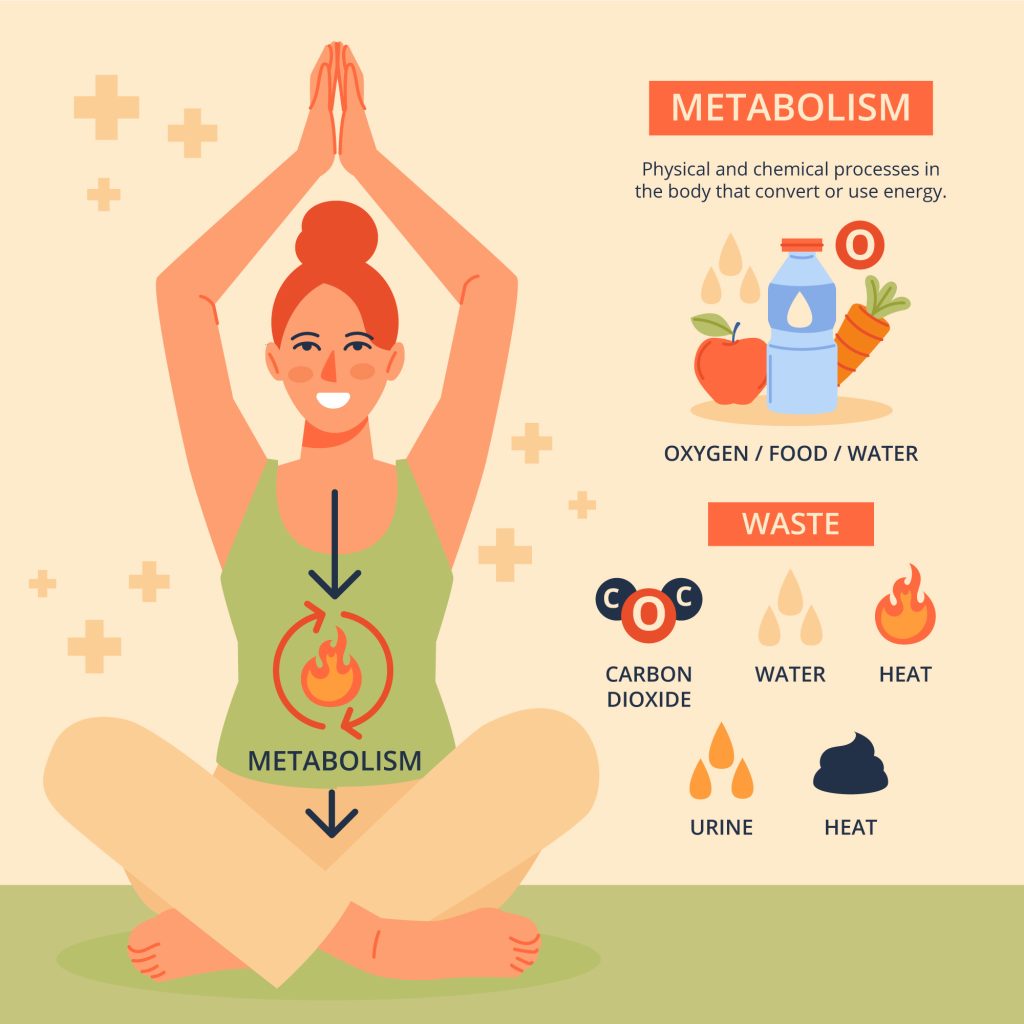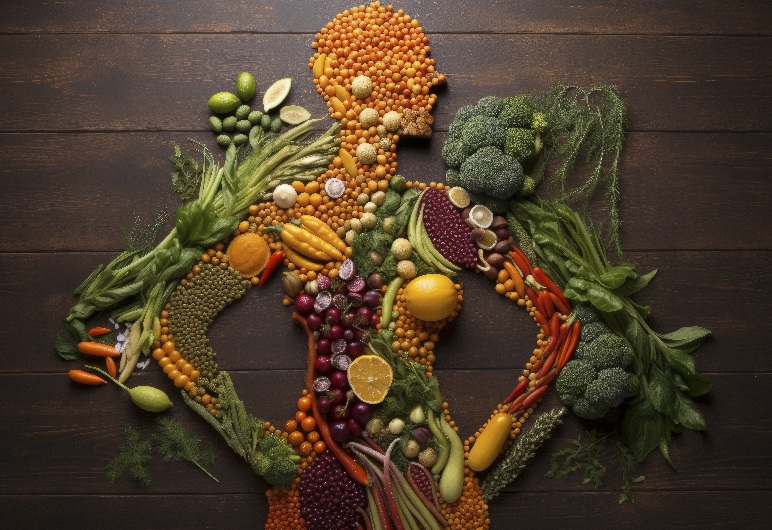Role of Vitamins and Minerals in the Body
Vitamins and minerals are essential nutrients that play a crucial role in various bodily functions. They are necessary for maintaining overall health, and their deficiency can lead to various health problems.
Energy Production and Metabolism
Vitamins and minerals are involved in energy-yielding metabolism, DNA synthesis, oxygen transport, and neuronal functions [1]. For instance, B vitamins (B1, B2, B3, B5, B6, B8, B9, and B12) and vitamin C are crucial for energy production, while iron, magnesium, and zinc play important roles in energy metabolism and neuronal functions [2].
Maintaining Healthy Tissues
Vitamins and minerals help maintain healthy tissues, including bones, teeth, skin, and muscles. For example, calcium and vitamin D are essential for building strong bones and teeth [3]. Vitamin C is also important for the production of collagen, a protein that gives structure to skin, bones, and connective tissue.
Regulating Body Functions
Vitamins and minerals help regulate various bodily functions, including nerve function and muscle contraction. Magnesium, for instance, is involved in muscle contraction and relaxation [1]. Potassium helps regulate heart function and blood pressure.
Preventing Diseases
Adequate intake of vitamins and minerals can help prevent various diseases. For example, vitamin C can help boost the immune system and prevent infections [4]. Folate (vitamin B9) is crucial for preventing birth defects of the brain and spine.

Other Functions
Other functions of vitamins and minerals include:
- Maintaining healthy red blood cells: Iron is essential for the production of hemoglobin, a protein in red blood cells that carries oxygen to different parts of the body [5].
- Supporting immune function: Zinc plays a crucial role in immune function and wound healing [6].
- Regulating fluid balance: Sodium helps regulate fluid balance in the body [3].
The recommended daily intake of vitamins and minerals varies based on factors such as age, sex, and overall health. A balanced diet that includes a variety of whole foods can provide adequate amounts of essential vitamins and minerals.
The body needs vitamins and minerals to perform various functions including energy production, maintaining healthy tissues, regulating body functions, preventing diseases.
Nutrients Found in Microgreens
Let’s take Mustard microgreens for example, they are rich in various essential nutrients, making them a valuable addition to a healthy diet. The key nutrients found in mustard microgreens include vitamins A, C, and K, as well as antioxidants and other beneficial compounds.[7]
Vitamins and Antioxidants
The best nutrients found in mustard microgreens are vitamins A, C, and K, along with antioxidants like polyphenols, beta-carotene, and lutein. [8] These nutrients contribute to several health benefits, including antioxidant support, anti-inflammatory properties, and immune system support.

Specific Nutrients and Their Benefits
- Vitamin A (beta-carotene): important for eye health and immune function.[9]
- Vitamin C: plays a crucial role in immune function and can help protect against oxidative stress.[10]
- Vitamin K: essential for blood clotting and bone health.[11]
- Antioxidants (polyphenols, beta-carotene, lutein): help protect the body from oxidative stress and damage caused by free radicals.[8] [12]
- Folate: has been shown to lower homocysteine levels, directly benefiting heart health.[13]
- Glucosinolates: may protect the body against cancer.[14]
Incorporating Mustard Microgreens into Your Diet
To reap the nutritional benefits of mustard microgreens, they can be added to various dishes. They can be used in salads for a spicy kick or as a topping in sandwiches and burgers. Mustard microgreens can also be lightly sautéed in olive or avocado oil and used to top pasta dishes or protein entrees.[15]
References / Sources
- Zinc. [National Institutes of Health]
- Vitamins and minerals. [NHS Inform]
- The Role of Vitamins and Minerals in Energy Metabolism and Mental Health. [PMC]
- Dietary Guidelines for Americans 2020. [USDA]
- Vitamin C. [National Institutes of Health]
- Iron. [National Institutes of Health]
- Are Mustard Microgreens Good for You?. [The Paleo Diet]
- Treadwell D, Hochmuth R, Landrum L, Laughlin W. Microgreens: A New Specialty Crop 1. [University of Florida IFAS Extension]
- Mustard Microgreens Health Benefits and Easy Growing Tips. [Vegbed]
- Antioxidant Properties of Brassica Vegetables. [Nutrition Reviews]
- Vitamin K: Health Benefits. [Oregon State University Linus Pauling Institute]
- Xiao Z, Lester GE, Luo Y, Wang Q. Assessment of vitamin and carotenoid concentrations of emerging food products: edible microgreens.. [Journal of Agricultural and Food Chemistry]
- Are Mustard Microgreens Good for You?. [The Paleo Diet]
- Fahey JW, Zhang Y, Talalay P. Broccoli sprouts: an exceptionally rich source of inducers of enzymes that protect against chemical carcinogens.. [Proceedings of the National Academy of Sciences]
- How to Prep and Cook Mustard Microgreens. [The Paleo Diet]
